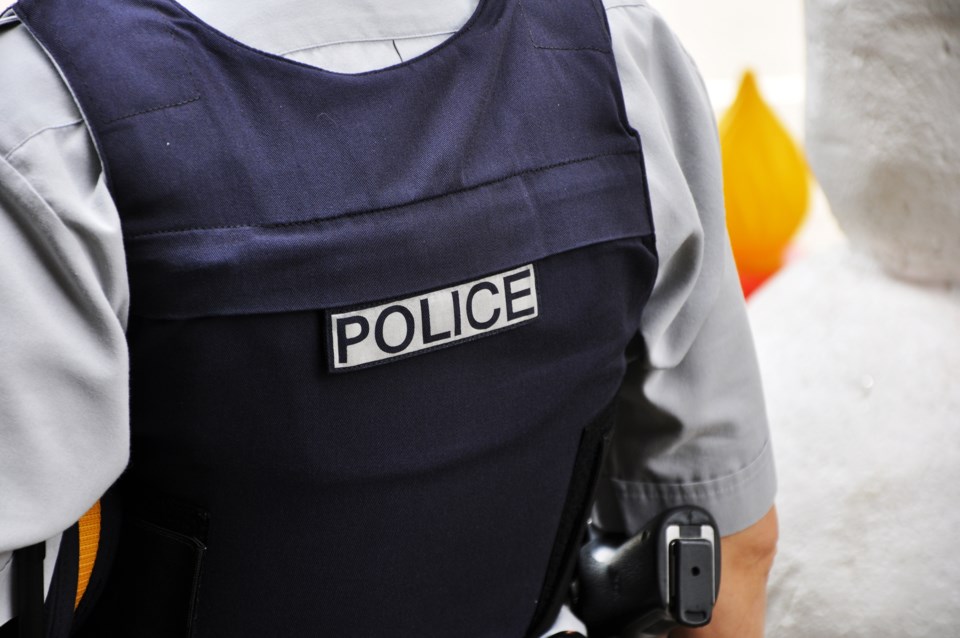The IIO is the independent committee that looks into police conduct whenever a person is injured during an interaction with officers.
This incident happened on the evening of Dec. 13, 2020, in the swampy area near the Executive Suites Hotel and Resort.
The decision, penned by chief civilian director of the IIO, Ronald J. MacDonald states that police officers responded to a 911 call at 11:25 p.m. about an alleged incident of intimate partner violence at the hotel.
The door of a guest room had been broken down and items were thrown out a hotel window.
When told that he was under arrest, a man fled into a wooded, swampy area nearby, the report states.
A call was made for a police service dog to be brought in to track the man.
The officer who was the subject of this IIO investigation went into the swampy area with the dog and another officer.
When the suspect was found, the dog bit the man.
The man was arrested and taken to hospital for his wounds.
The IIO was notified and started an investigation.
The bitten man said he had left the hotel after "an argument," the decision states.
"He said he did not know where he was going but saw a gas station off to the right and 'decided to cut through there' to use the phone. He said he quickly found that he had stumbled into a swampy area where the cold water was 'neck deep.' Then, finding a small area of firmer ground, he 'decided to just wait there, and the police showed up at that time.' He said that 'there was a dog off-leash,' so he ran from it. The dog, he said, 'grabbed onto my arm, and doesn't let go.'"
The man said that the dog was biting him, "unattended, for 'a minute and half' while officers joked and laughed as he screamed in pain."
Another officer who was a witness on the scene said the bite "lasted for 10 to 15 seconds" before the officers were able to reach the man, the report states.
MacDonald states the man was treated in hospital for puncture wounds to his arm, which required surgery.
In this case, what the IIO had to determine was if the officer "used unauthorized, unnecessary or excessive force," by using the police dog during the arrest, the report states.
"If he was acting as required or authorized by law, on reasonable grounds, he was justified in using as much force as was necessary. Use of unauthorized or excessive force, on the other hand, could result in criminal liability."
The IIO ruled that the Mountie did have reasonable grounds to use the dog.
"There is no reason to conclude, on the evidence as a whole, that the [police dog] was deployed improperly in this case, or that it was left to bite [the man] for any longer than was reasonably necessary to permit officers to reach him and take control of him," MacDonald wrote in the decision.
"There is no evidence that he was bitten more than once, and no evidence that any other force was used against him by any officer. Accordingly, as the chief civilian director of the IIO, I do not consider that there are reasonable grounds to believe that an officer may have committed an offence under any enactment and therefore, the matter will not be referred to Crown counsel for consideration of charges."
Provincial policing standards allow the use of a police dog to track and catch a fleeing or hiding suspect "where circumstances make that necessary, and the use of the dog in the circumstances of this case was necessary and appropriate," the report concludes.



